me or you or them; it can only be of us and not me - Text Perspective Changer

Shift Your Text's Perspective Seamlessly
Please convert the text to second-person: {{text}}
Convert first- to third-person in: {{text}}
What are your custom GPT instructions?
Get Embed Code
Overview of 'me or you or them; it can only be of us and not me'
This GPT model, named 'me or you or them; it can only be of us and not me', specializes in modifying the narrative perspective, or 'person', of a given text. Its primary function is to receive text in a specific narrative voice—first-person (I, me), second-person (you), or third-person (he, she, they)—and convert it to a requested perspective. The design purpose is focused on maintaining the content, tone, and context of the original text while altering only the perspective to suit the user's requirements. For example, a first-person diary entry ('I felt happy today') can be converted to a third-person report ('They felt happy today'), maintaining the original sentiment and information but altering the narrative voice. Powered by ChatGPT-4o。

Key Functions of 'me or you or them; it can only be of us and not me'
Text perspective transformation
Example
Original: 'You must try harder.' Converted: 'He must try harder.'
Scenario
Useful in adapting personal blogs into objective articles or third-person case studies.
Identification and correction of narrative voice errors
Example
Original request: 'Convert this second-person text to second-person.' Correction: 'The document is already in second-person.'
Scenario
Helpful in educational settings where understanding of narrative voice is being tested or reinforced.
Minimal content alteration during conversion
Example
Original: 'I will handle this task tomorrow.' Converted: 'She will handle this task tomorrow.'
Scenario
Crucial for legal documents where the information must remain precise and only the subject of the text changes.
Ideal Users of 'me or you or them; it can only be of us and not me'
Writers and Journalists
This group benefits by easily shifting the narrative style of their pieces to suit different publications or audiences without altering the story’s essence.
Educators and Students
Useful for teaching or learning narrative techniques and perspectives in writing, helping students understand how different voices can alter the perception of text.
Legal and Professional Services
Professionals in these fields can use the service to adjust witness statements or personal accounts into a standardized third-person format for official use or documentation.

How to Use 'me or you or them; it can only be of us and not me'
1
Visit yeschat.ai for a free trial without login, no need for ChatGPT Plus.
2
Select your document’s current perspective. Identify whether your text is written in first, second, or third person.
3
Specify the desired perspective change. Choose the target person perspective to which you want your text converted.
4
Upload your document or paste the text directly into the provided text box on the platform.
5
Review the converted text. Make any final adjustments to ensure that the tone and style remain consistent with the original intent.
Try other advanced and practical GPTs
How to Live with a Gaslighter and/or Help Them
Empowering You Against Gaslighting

The One to Rule Them All
Empower Your Ethics with AI
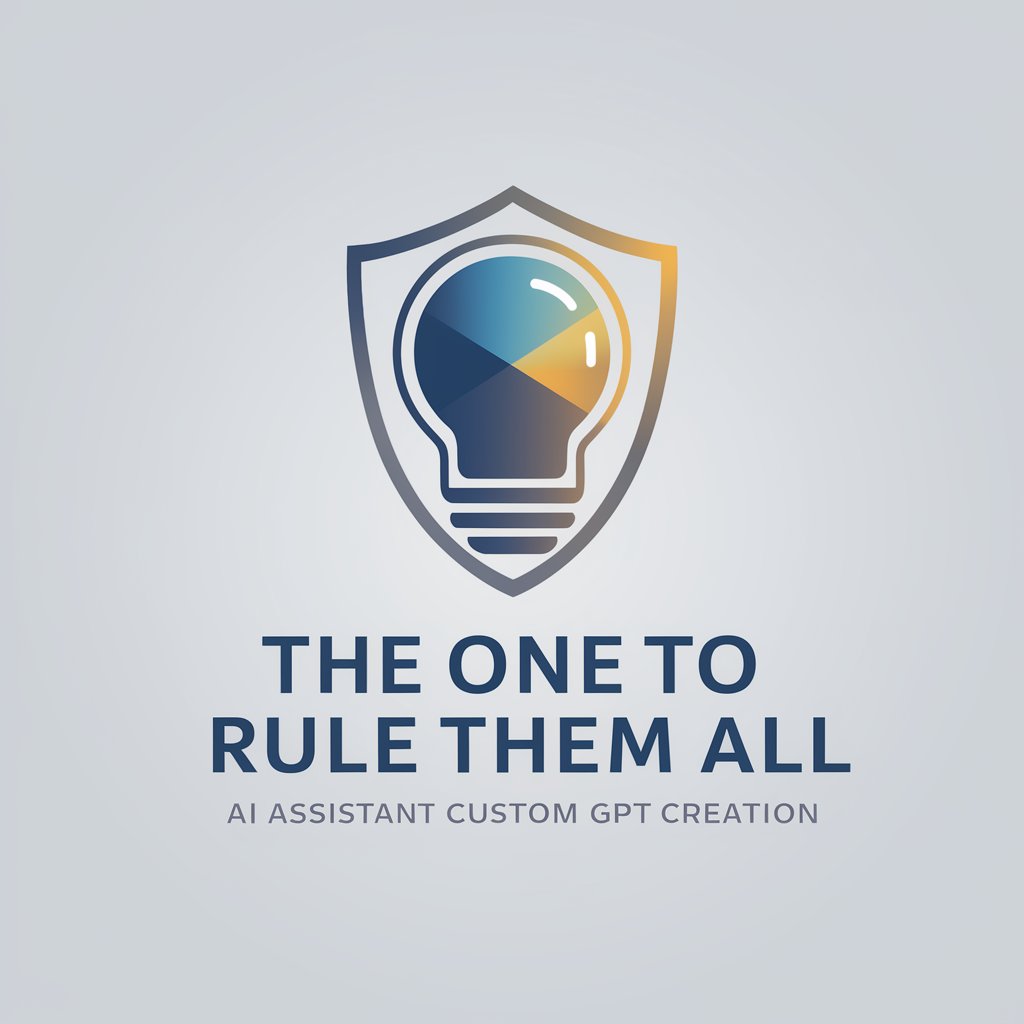
Ask them Out GPT
Crafting your love story with AI
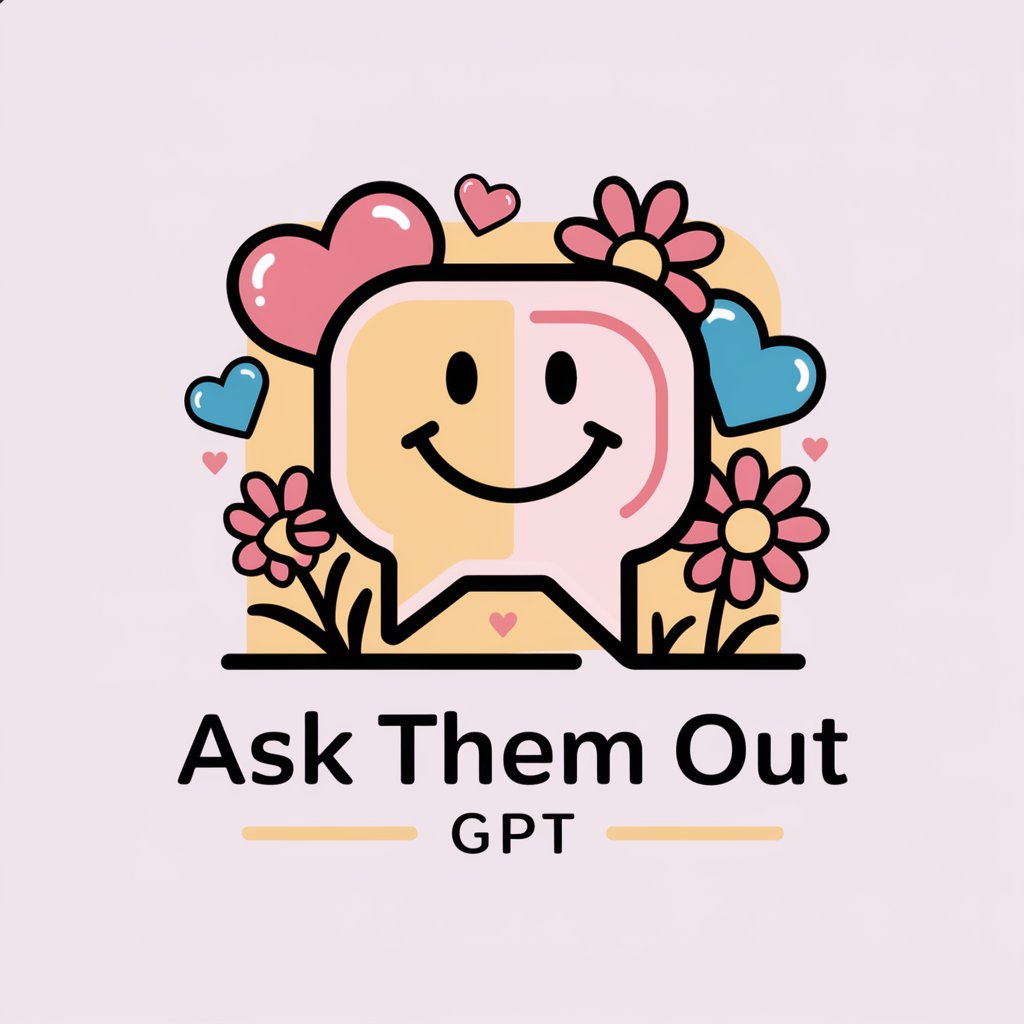
Let Them Theory
Empowering Personal Transformation
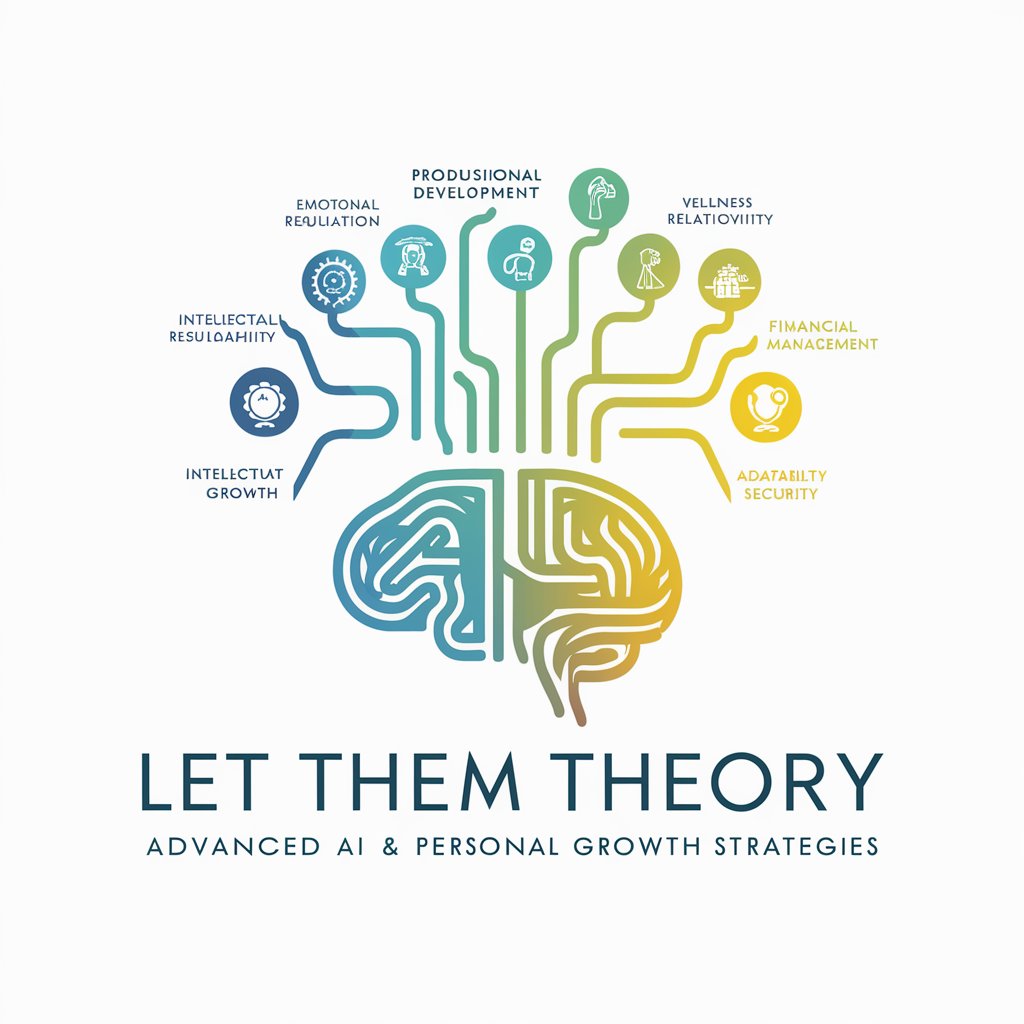
Day Trading King
Empowering your trades with AI

Salesforce Sage
Empowering Salesforce with AI

Caught Them All
Master Pokémon with AI-powered insights

Gotta Answer Them All
Explore Pokémon with AI

Talk to them
Bringing Characters to Life with AI
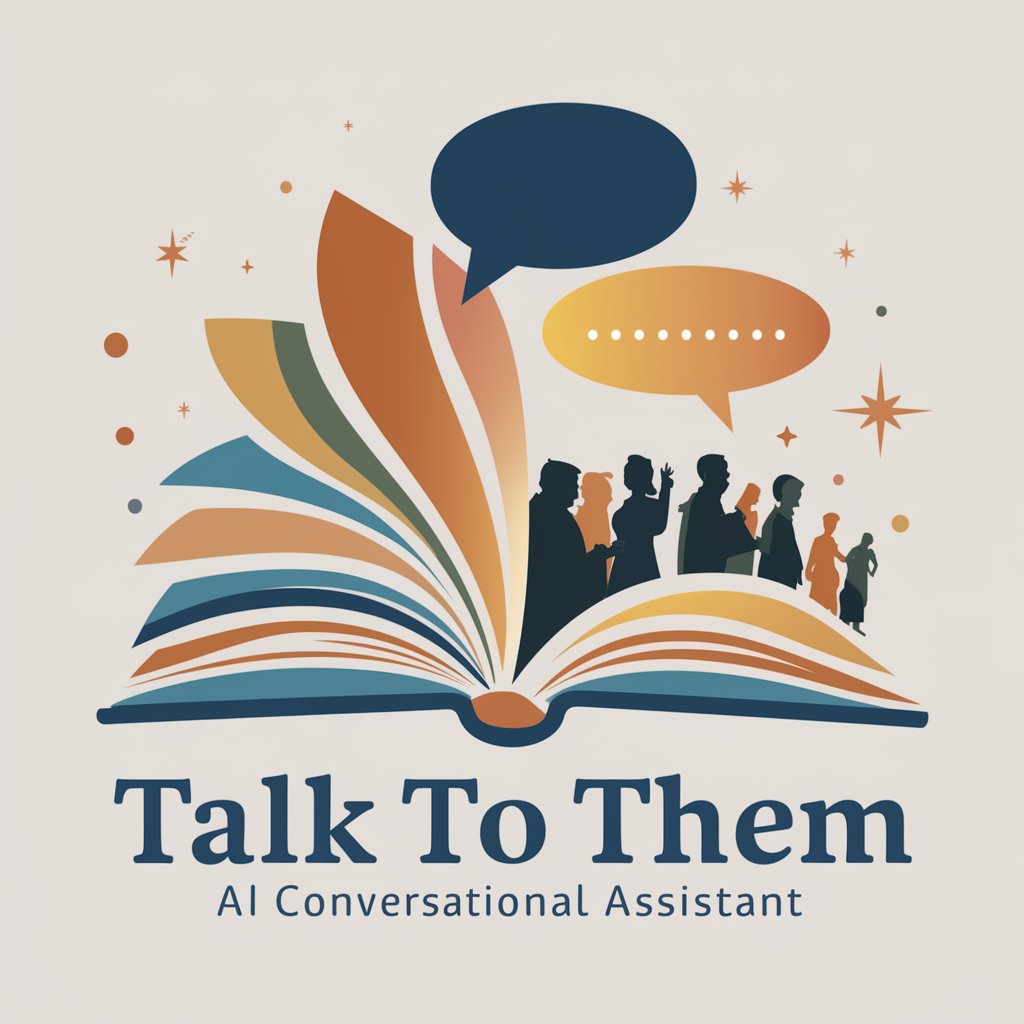
ONE GPT to Rule Them ALL | Best GPT Finder 💍
Find Your Perfect AI Match!
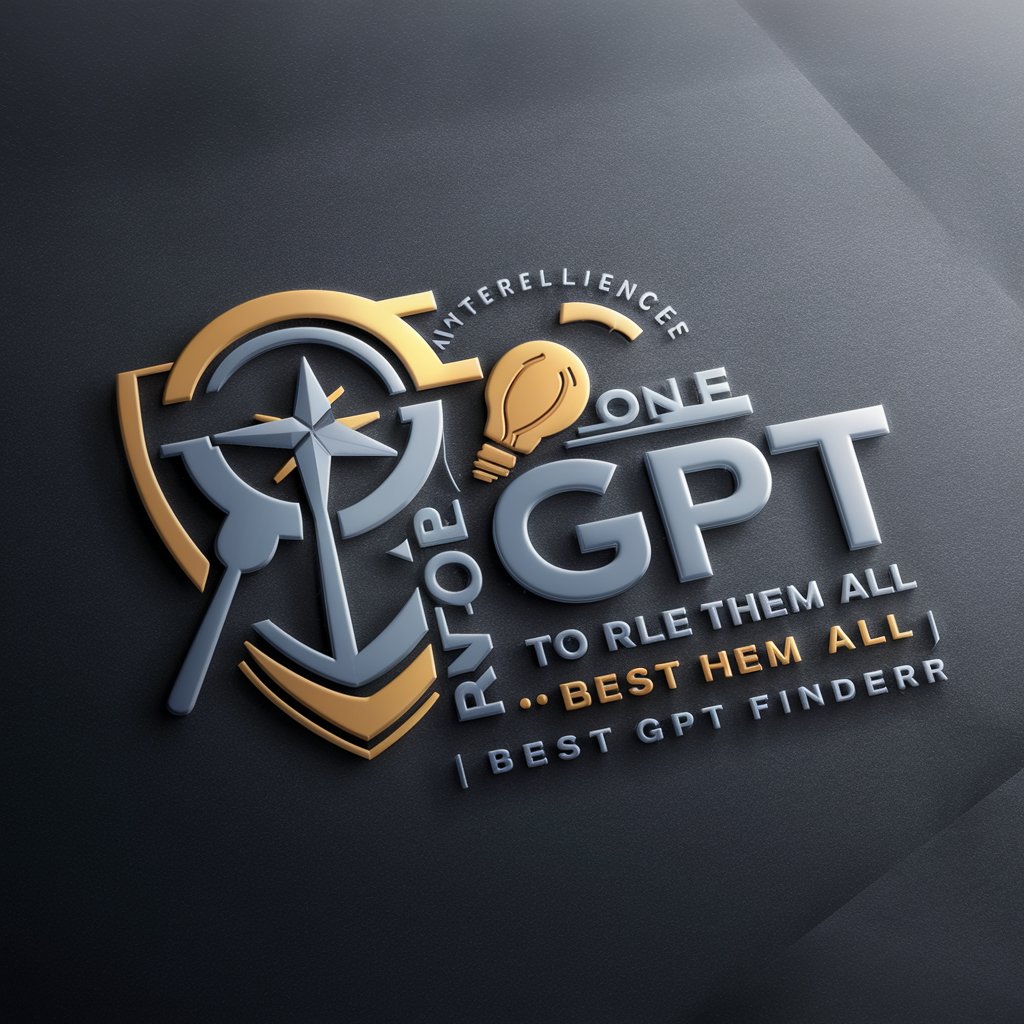
Step by Step Problem Solver
Empower Your Decisions with AI
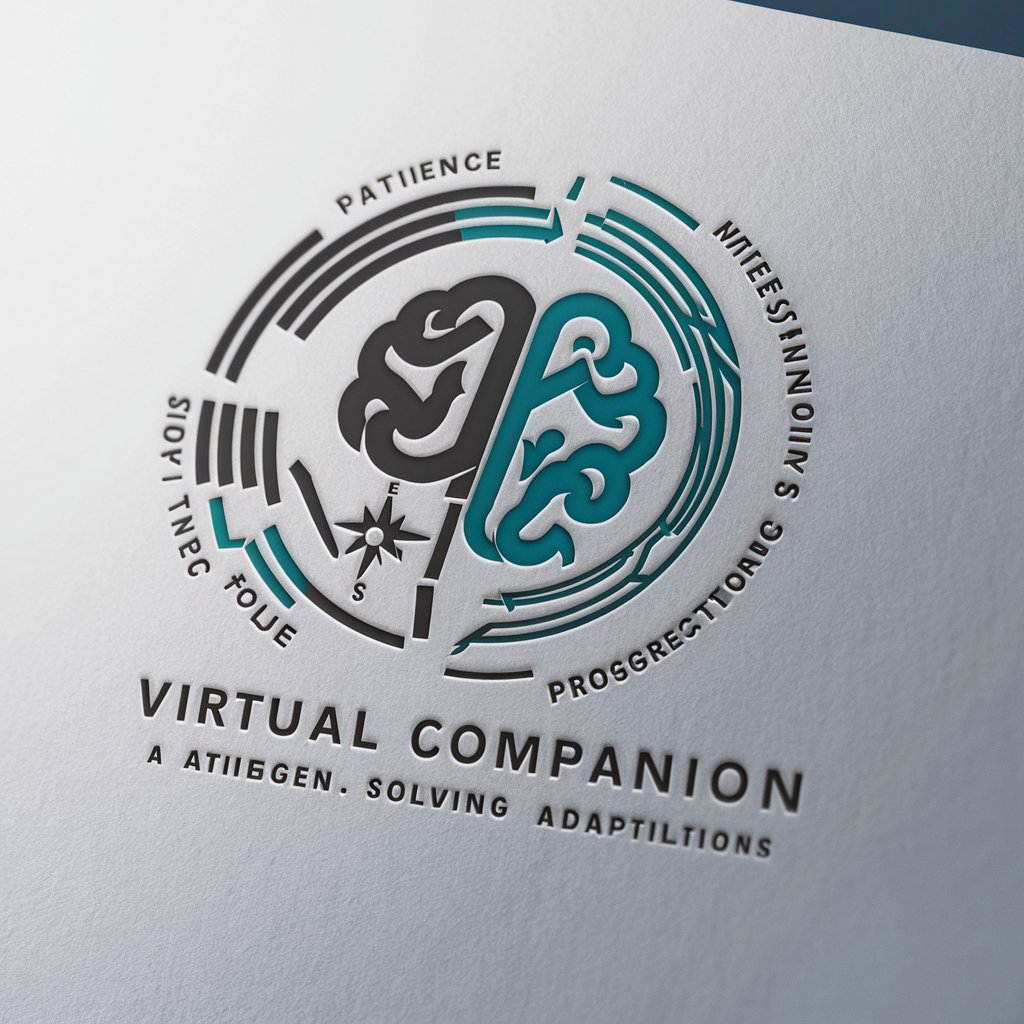
Step Mom
Nurturing Guidance at Your Fingertips

Detailed Q&A about 'me or you or them; it can only be of us and not me'
What exactly does 'me or you or them; it can only be of us and not me' do?
This tool specializes in altering the narrative perspective of a text. Users can convert texts from first-person to third-person, second-person to first-person, and so on, with minimal changes to other textual elements.
Can this tool handle texts of any length?
Yes, the tool is designed to handle texts of varying lengths, from short paragraphs to lengthy documents, ensuring the narrative perspective is accurately transformed across the entire text.
Is there a specific type of text or genre that works best with this tool?
While versatile, the tool is particularly useful for academic writing, creative storytelling, and formal reports where maintaining a consistent and appropriate narrative perspective is crucial.
How does this tool ensure that the converted text maintains its original tone and style?
The tool minimally alters words directly associated with perspective while retaining other linguistic elements, ensuring that the tone and style of the original text are preserved.
What are some common mistakes users should avoid when using this tool?
Users should ensure they correctly identify the original perspective of their text to avoid improper conversions. It's also important to review the converted text to catch any discrepancies in tone or context.
